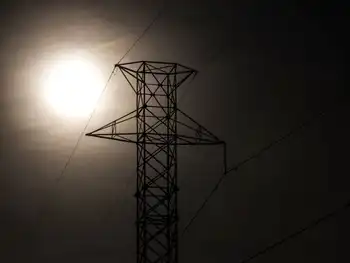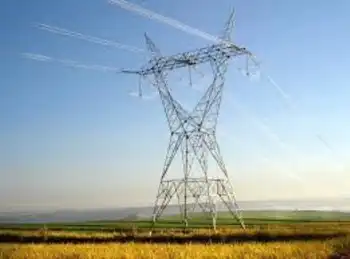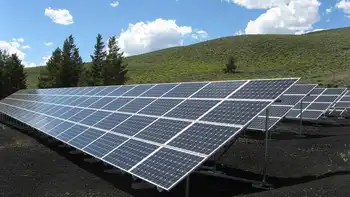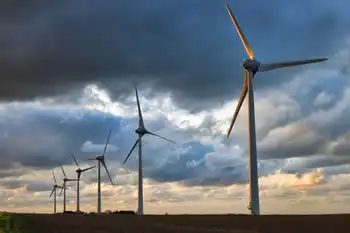Minister defends green energy plan
By Orillia Packet & Times
Arc Flash Training CSA Z462 - Electrical Safety Essentials
Our customized live online or in‑person group training can be delivered to your staff at your location.

- Live Online
- 6 hours Instructor-led
- Group Training Available
Duncan made the comments to the Packet & Times prior to addressing the Rotary Club of Orillia at the Highwayman Inn and Conference Centre.
He acknowledged hydro prices will rise 2 to 3 annually over the next few years, "but we do have to make those investments."
"To not do that would be pennywise and pound-foolish."
He also blasted Progressive Conservative PC Leader Tim Hudak's plan to scrap the province's $7-billion deal with Samsung for green energy-related manufacturing projects.
The 16,000 jobs expected to be created as a result of the deal would be "wiped out by this very shortsighted and hollow policy pronouncement," Duncan said.
The Opposition's call to end the feed-in tariff FIT program would also have negative consequences, he said, noting it would "harm farmers throughout the province."
"We're going to fight Hudak. We're not going to let him turn back the clock."
But the Progressive Conservatives' energy critic defended his party's stance, saying the rising cost of electricity is "the biggest issue we're hearing from seniors, from families, from small businessesÂ…."
John Yakabuski, MPP for Renfrew-Nipissing-Pembroke, said canceling the deal with Samsung "will actually and quite clearly enhance our economy because it will allow us to be competitive in electricity."
"The Samsung deal was arrived at behind closed doors," he told the Packet, urging Duncan to reveal hidden details about the deal.
The Association of Power Producers of Ontario are among those "who are quite happy" that a PC government would kill the deal, he added.
But green energy has to be a priority, said Duncan, who indicated a place like Orillia could benefit from the renewable-energy industry.
"There's no reason why this region couldn't benefit from the green-energy industry," he said, citing this city's "highly skilled workforce" and "academic infrastructure."
Hudak has lots of criticism, but he doesn't have a plan, Duncan charged.
"If Mr. Hudak says he can lower the price of energy in this world, he's not telling the truth."
The minister also addressed the issue of the harmonized sales tax HST, for which his government has taken much flak from the Opposition.
The province is in the process of implementing $11 billion in personal income tax breaks, as well as tax cuts for businesses.
"People didn't like the tax, and I understand that, but it was absolutely the right thing to do, and the fact is we don't know what Mr. Hudak is going to do," Duncan said.
Every one-point cut to the HST would represent $3 billion, he added.
"Hudak will add that either to the deficit or have to find cuts in healthcare and education. He'll likely go after the cuts in healthcare and education," Duncan said. "That's what he did when he was part of the Mike Harris government and that's what he'll do again this time."
But one Orillia man who listened to Duncan speak wasn't convinced the HST would do any good for landlords like himself.
"The HST is just killing me," Lawrence Shaw told Duncan during a question-and-answer period. Just before the HST came into effect, the province told landlords they could up their rent by 0.7, which works out to $6.30 on a $900-per-month rent. But the operating costs incurred by the local landlord have increased some $25 per month as a result of the HST, Shaw said, adding he is losing about $225 per year.
While Duncan "says there are benefits that we haven't seen yet," Shaw isn't confident everything will work out in the end.
When asked if he was worried about whether the federal Liberals' unprecedented poor performance in the May 2 election would trickle down to the provincial Grits in this fall's election, Duncan again went after Hudak.
"We never take these things for granted, and we'll be campaigning hard," he said. "Mr. Hudak's got to tell people what he'll do. People don't want to go back to the Mike Harris style."











